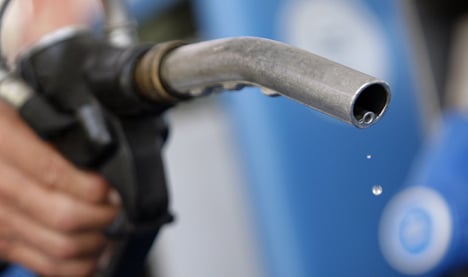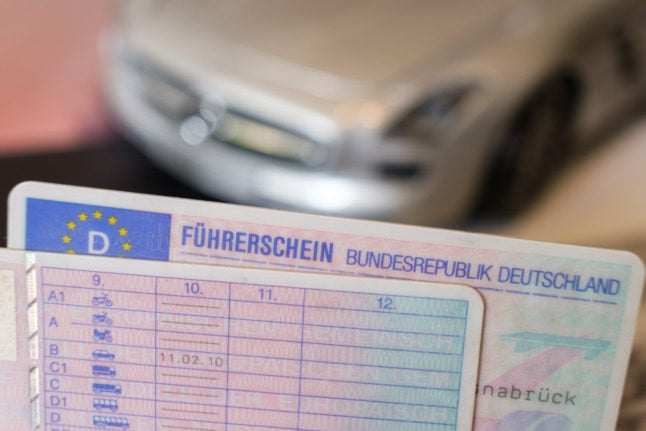The average cost of petrol on Thursday topped €1.597 per litre, breaking the 2008 record high of €1.595 per litre. Some German stations are already charging more than €1.60 per litre.
Crude oil prices are significantly below 2008 highs, but a spokesman for German gas station chain Aral emphasized that it is not just the price of oil that affects petrol price, but the market demand and prices for products made from it.
“You can’t pour crude oil in the petrol tank,” said Aral spokesman Detlef Brandenburg.
Springtime petrol prices tend to rise in Europe due to American drivers’ demand for gasoline as “driving season” hits. US refineries are ramping up their production, but shortfalls are often bought from European sources, such as the main market in Rotterdam. Demand from developing countries, such as China, is also pushing prices upward.
Supply issues aggravated by the introduction of E10 ethanol fuel in Germany have also stimulated fears of price gouging.
On Monday, an Esso station in one small German town temporarily raised the price of petrol to €9.99 per litre, apparently trying to dissuade customers from buying its dwindling amount of super petrol.
DAPD/mdm



 Please whitelist us to continue reading.
Please whitelist us to continue reading.
Member comments